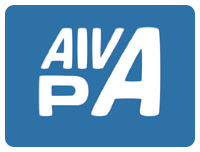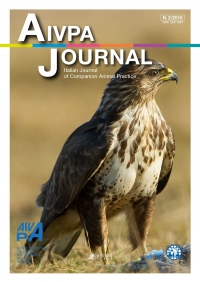L'ipotensione perichirurgica nel cane e nel gatto
Hypotension during anesthesia in dogs and cats
Authors
Fabrizio Di Virgilio
Servizio di Chirurgia e Anestesia – Centre Hospitalier Vétérinaire VET24
994 Avenue de la République 59700 Marcq en Baroeul – France
www.vet24.fr
Summary
Hypotension is considered one of the most common perianestetic complications in veterinary patients. This clinical condition is pressure so low it causes symptoms or signs due to the low flow of blood through the arteries and veins. When the flow of blood is too low to deliver enough oxygen and nutrients to vital organs such as the brain, heart, bowel and kidney, the organs do not function normally and may be temporarily or permanently damaged. Monitoring of arterial blood pressure is a foundamental key point of anesthesia management in small animal patients. Direct and indirect methods of arterial blood pressure measurement are routinely utilized to veterinarians. The continuous and meticulous surveillance of blood pressure allows quick recognition of hypotension and treatment of its underlying cause before negative consequences can appear. Treatment of hypotension may include anesthetic depth changement, fluids (crystalloid and colloid) or drugs administering to improve cardiac contractility. All these help to improve cardiac output and tissue perfusion, thereby preventing organ damage.
Keywords
Hypotension, blood pressure, anesthesia, perioperative


